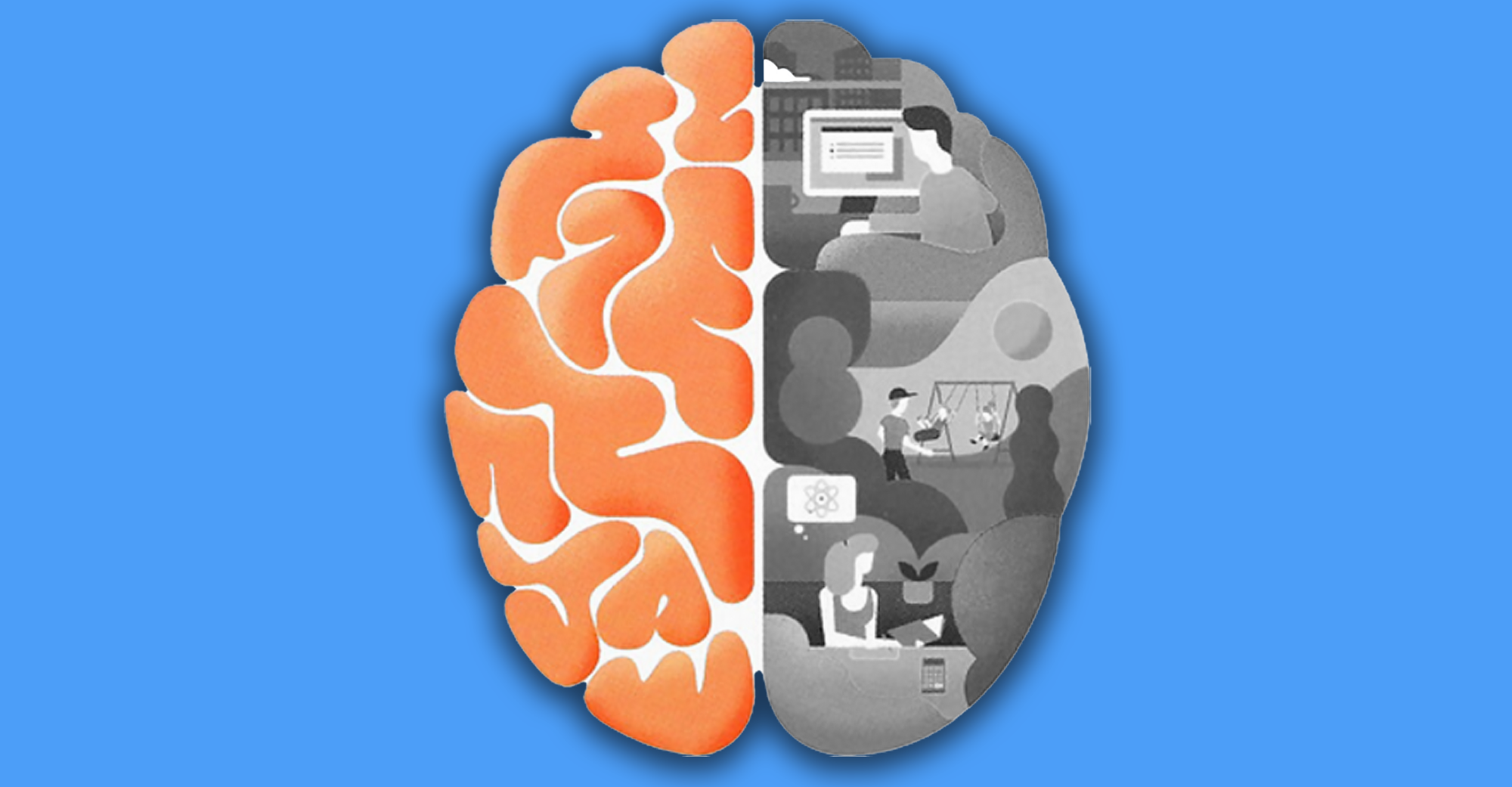
Best Reader Tips of 2021
This year reader tips led to dozens of ad alerts, as well as a complaint to regulators.
NAD finds brain performance company lack competent and reliable evidence for cognitive claims.
|
This past winter a Floridian “was on the brink of madness and . . . didn’t know what to do.” Enter Neurocore, a brain performance company with centers in Florida and Michigan, that asserts:
“[S]cientists have discovered that the brain can change. It’s not hard-wired. The brain’s neuroplasticity enables it to be flexible and dynamic. With training and brain exercises at Neurocore, you may make healthy changes in your brain’s structure that allow it to operate better, so you feel better.”
Based on representations like this, client-on-the-brink sought treatment at Neurocore’s Boca Raton center. Thirty sessions later, at a total cost of about $2,000, the Floridian was feeling better, saying, “Neurocore really helped calm me down and get a hold of myself and my anxiety/focus.”
There are dozens of similar testimonials published by Neurocore on its website and social media pages. In fact, TINA.org has complied a database of well over 100 examples of Neurocore claiming directly and through the use of testimonials that it provides a scientifically proven brain-based treatment for anxiety, panic attacks, ADHD, autism, insomnia, depression, migraines and more.
The problem for Neurocore, however, is that a recent review by The National Advertising Division (NAD) is the advertising industry’s self-regulatory body administered by the Council of Better Business Bureaus. found that the company does not have competent and reliable scientific evidence to substantiate any of its health-related advertising claims. NAD reviewed more than 21 studies submitted by Neurocore as evidence that its neurofeedback brain training program could treat, cure, and/or alleviate the symptoms of ADHD, anxiety, depression, autism, memory problems, migraines and sleep issues. NAD concluded in a 17-page opinion that none of the studies submitted by Neurocore adequately supported the medical treatment claims being made by the company. As a result, NAD recommended that Neurocore stop making the following type of marketing claims:
NAD also recommended that Neurocore refrain from claiming that 90 percent of kids with ADHD, 90 percent of people with anxiety, and 91 percent with depression reported improvement after completing Neurocore’s brain training program. NAD further recommended that Neurocore “discontinue its testimonials which claim that Neurocore clients have reduced or eliminated the need for medication for ADHD, Anxiety, Depression, memory problems, migraines or sleep disorders and further cautioned the advertiser to discontinue its use of testimonials which make claims that the advertiser could not support.”
While NAD’s review of Neurocore’s marketing was limited to its website, the company also maintains an active presence on Facebook, Twitter and YouTube, and makes similar disease-treatment claims on these social media platforms, as is evidenced from this small sampling on Facebook compiled by TINA.org.
Neurocore intends to appeal NAD’s finding to the National Advertising Review Board (NARB) stating that it “stands firmly behind the accuracy and integrity of the results reported by the clients who complete its program, and strongly believes that the testimonials of its clients are truthful, accurate, and representative of the typical client experience.” And despite NAD’s findings, Neurocore currently has an A rating with the BBB. (UPDATE 8/23/17: Neurocore’s BBB rating has been changed to NR, or No Rating. Read more about BBB ratings here.)
Neurocore was founded in 2004, and seven years later partnered with The Windquest Group, which is the family investment firm of Dick and Betsy DeVos, the U.S. Secretary of Education. Its CEO, Mark Murrison, has indicated that Neurocore seeks to expand nationally. As of September 2016, Neurocore’s client base was about 60 percent children, who have issues ranging from ADHD to autism to anxiety.
In an attempt to increase its outreach to an older clientele, Neurocore’s chief medical officer, Majid Fotuhi, has developed a Memory Boot Camp program to meet the needs of “an aging population.” It is Dr. Fotuhi’s opinion that “four out of the five causes behind Alzheimer’s disease, dementia and other cognitive impairments can be treated, and symptoms can be reversed.” His Memory Boot Camp, designed for people 55 or older, seeks to treat these issues at Neurocore centers.
Given that Neurocore targets two vulnerable populations (kids with disabilities and the elderly) with inappropriate disease-treatment claims, it would seem a prime target for FTC intervention. In the past, the FTC has taken action against companies marketing autism supplements, memory supplements, and brain games, to name a few.
Read more of TINA.org’s coverage on cognitive claims here.
UPDATE 9/25/20: In January 2020, NARB referred advertising claims by Neurocore to the FTC after determining that Neurocore was not complying with the panel’s recommendations despite saying it would. In April 2020, the FTC informed NARB that it was closing out its investigation after discussions with Neurocore that resulted in the company clarifying efficacy claims based on client outcome data and adding clear and conspicuous disclosures. “Accordingly, we have determined not to take additional action at this time,” the FTC said.
This year reader tips led to dozens of ad alerts, as well as a complaint to regulators.
Supplement MLM takes down dozens of deceptive claims following TINA.org investigation.
TINA.org files brief urging court to deny final approval of settlement that is unfair to consumers.

